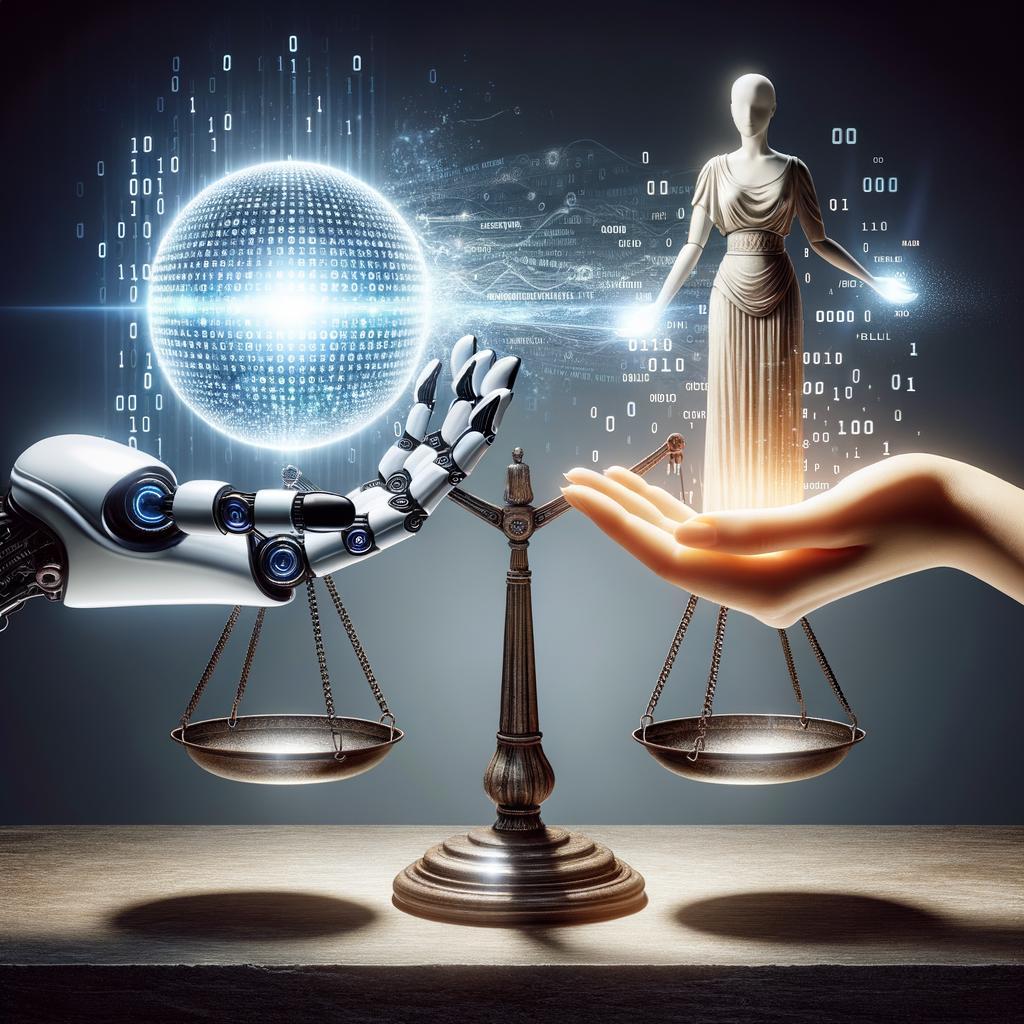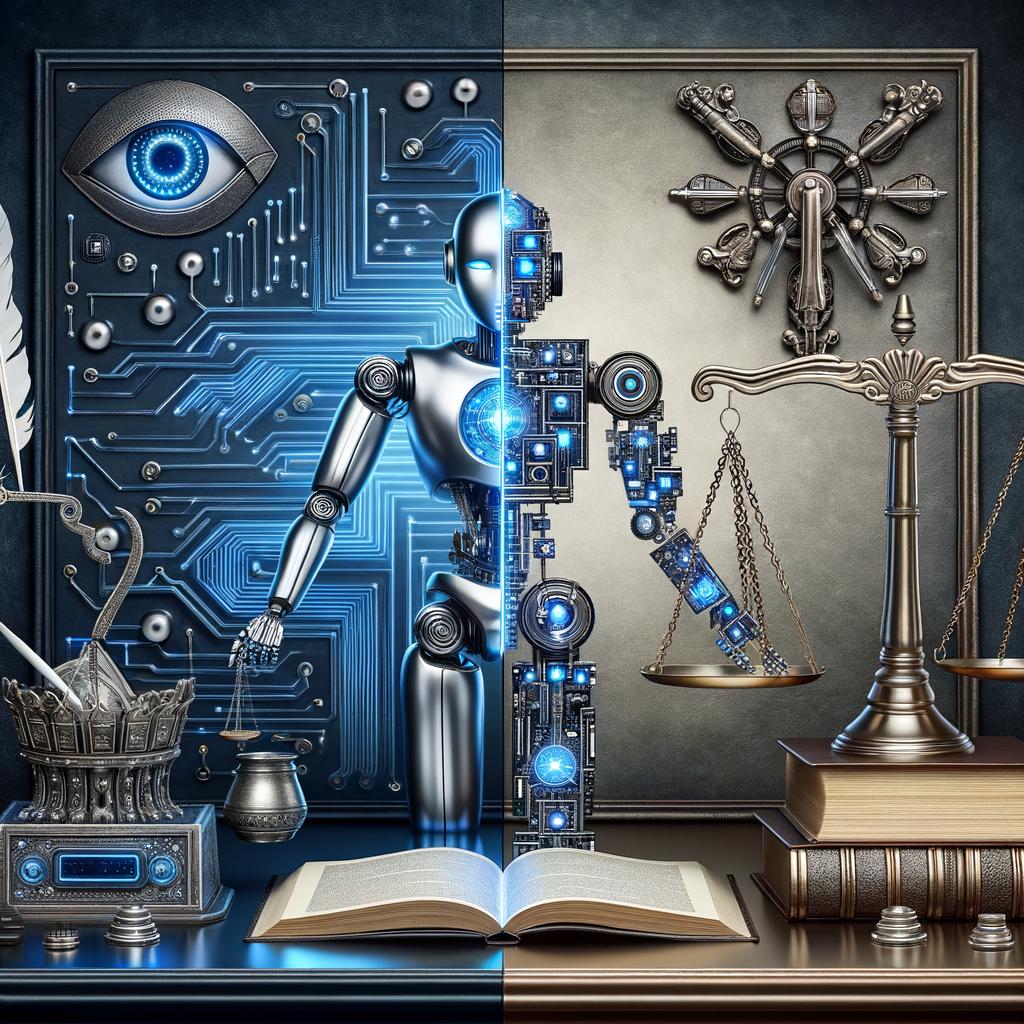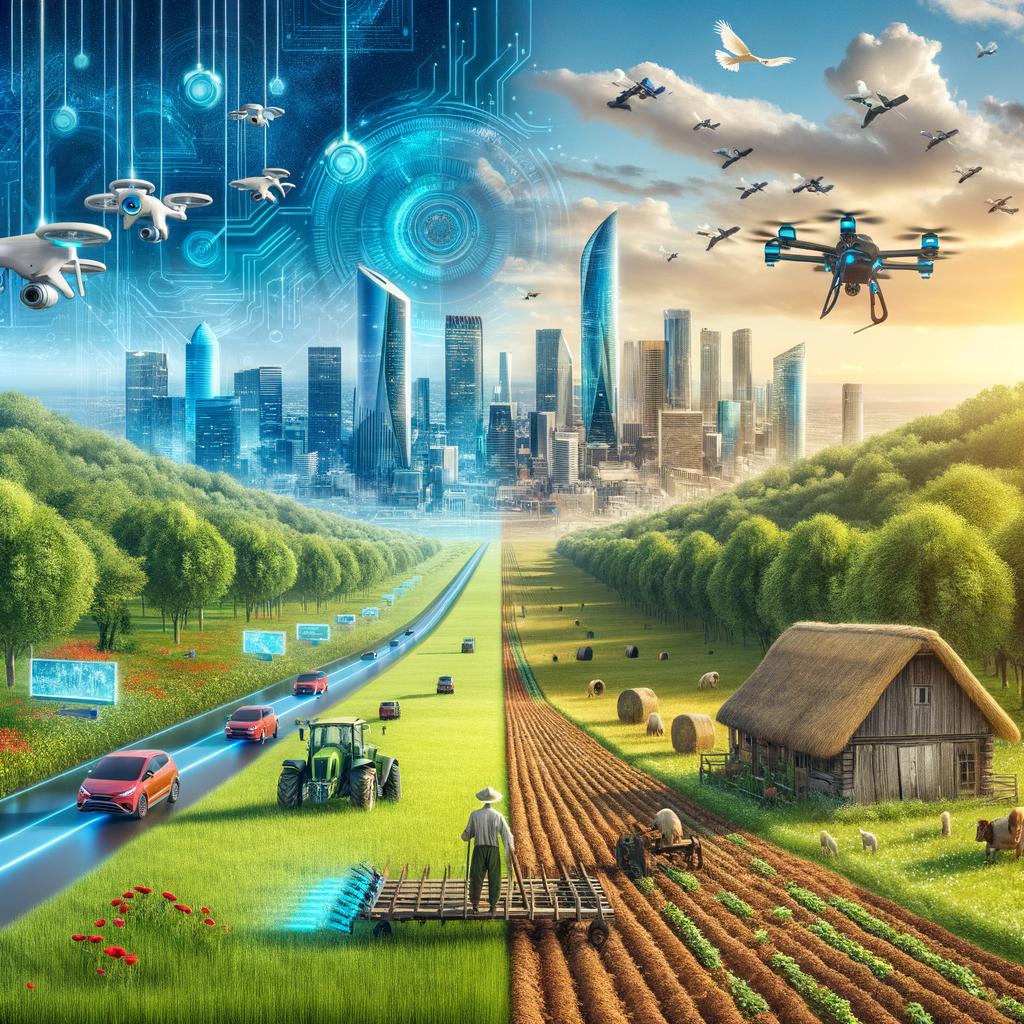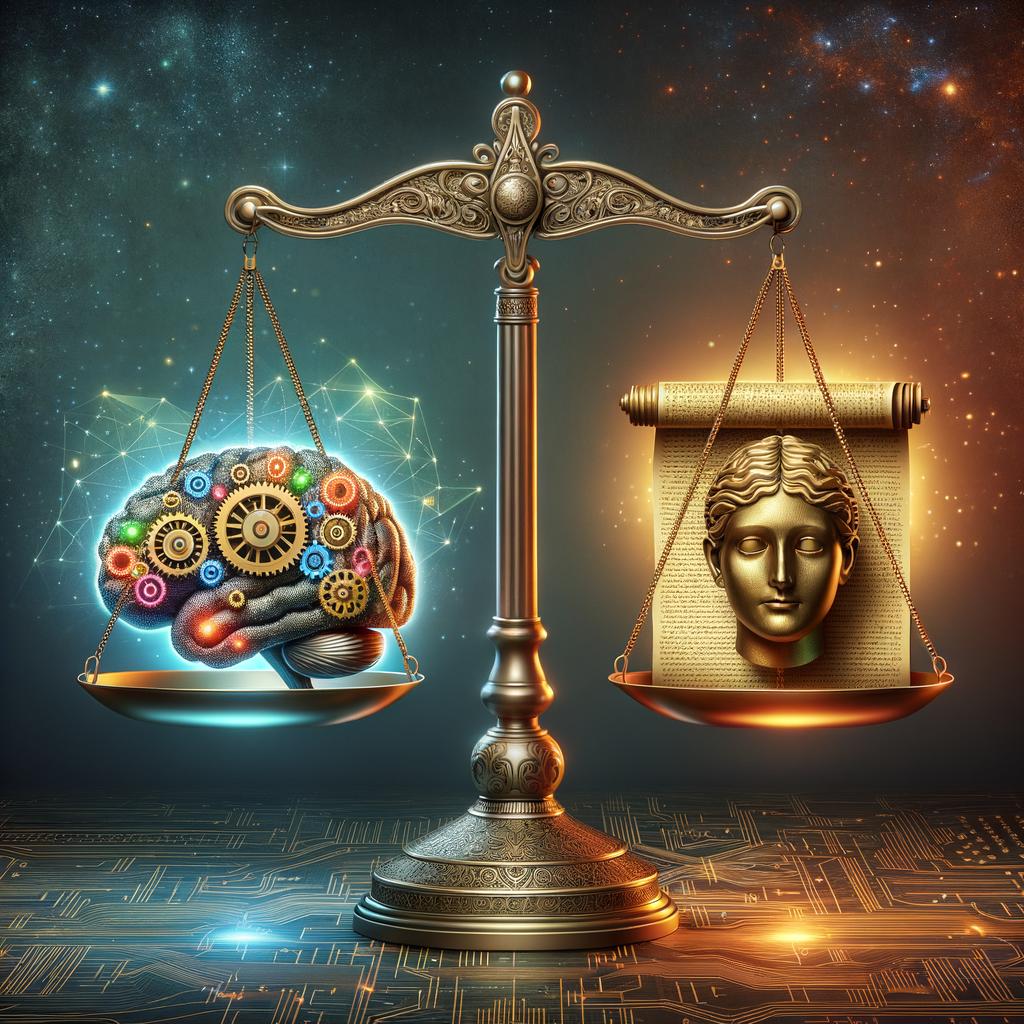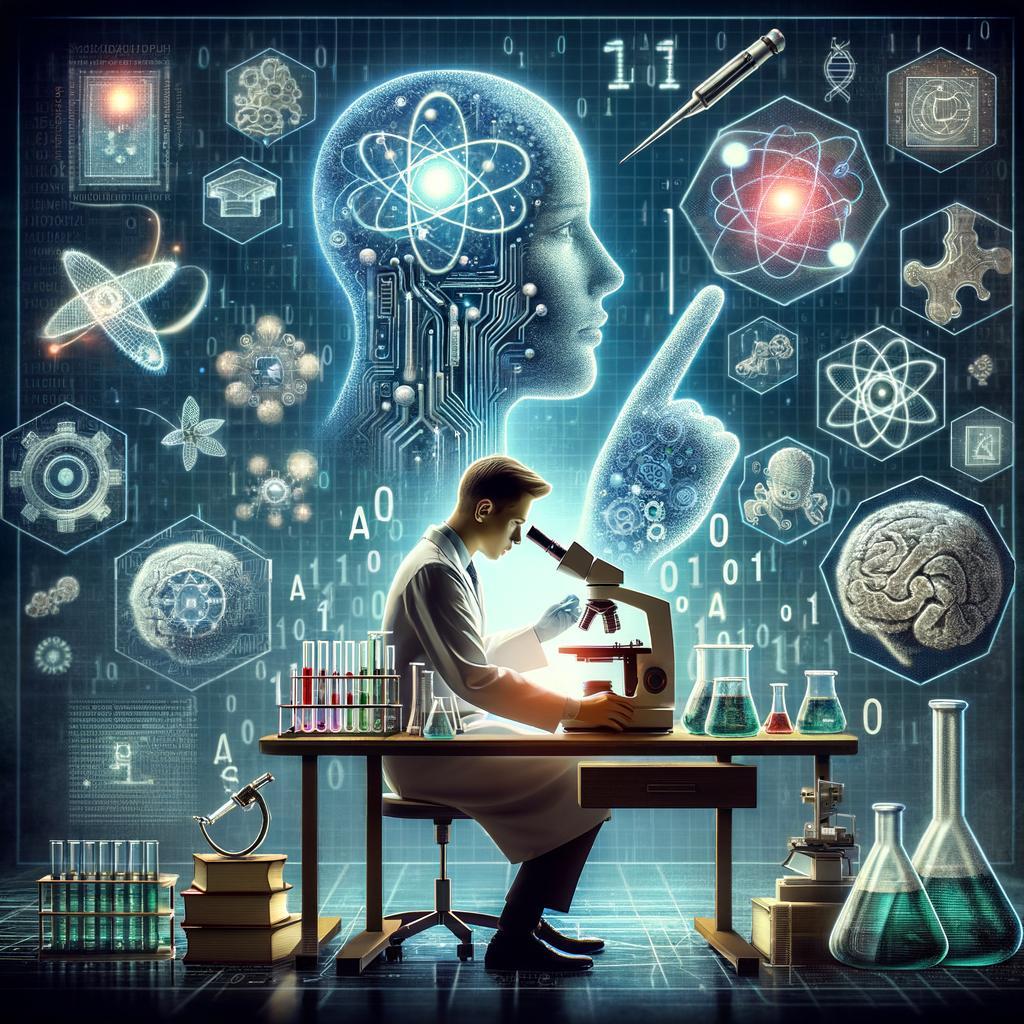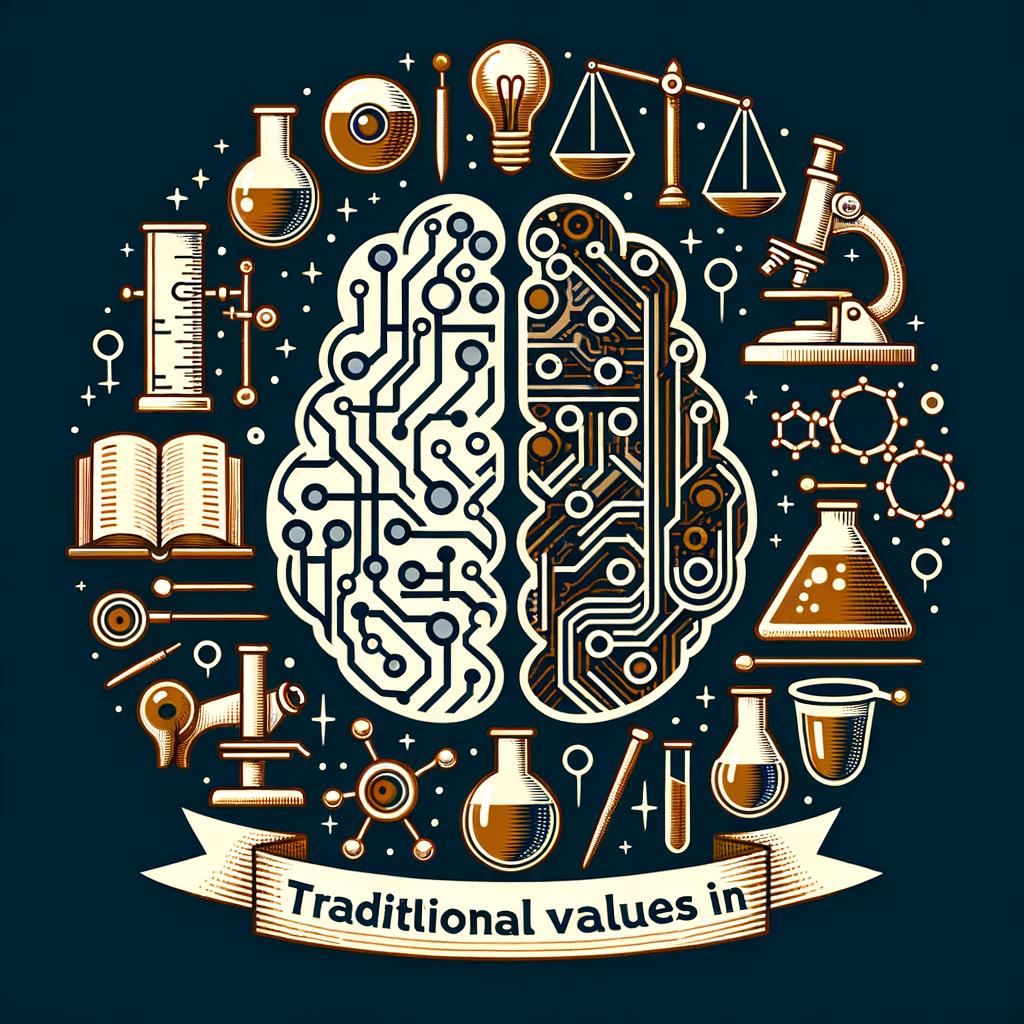In an era characterized by rapid technological advancements, the relentless pace of artificial intelligence (AI) breakthroughs presents both unprecedented opportunities and profound challenges. As AI continues to transform industries, enhance productivity, and redefine our daily lives, the urgency to navigate these developments responsibly becomes increasingly clear. This article explores the delicate balance between embracing innovation and upholding conservative values that prioritize ethical considerations, societal well-being, and human dignity. By scrutinizing the implications of AI on employment, privacy, and governance, we aim to foster a dialogue that emphasizes the importance of aligning technological progress with the timeless principles that underpin our shared values. Join us as we delve into the essential intersection of innovation and tradition, advocating for a future where progress does not come at the cost of the values we hold dear.
As we navigate the complex landscape of artificial intelligence, it is crucial to recognize the dual nature of its impact on our society. While AI innovations promise remarkable advancements in efficiency, healthcare, communication, and education, they also pose significant ethical dilemmas that challenge our foundational principles. Conservative values, emphasizing tradition, responsibility, and the importance of community, can guide us in harnessing these technologies without losing sight of what truly matters. Key areas that warrant careful consideration include:
- Data Privacy: Protecting individual rights amidst widespread data collection.
- Job Displacement: Addressing potential job losses while fostering new opportunities.
- Accountability: Ensuring clear lines of responsibility for AI-driven decisions.
To effectively align technological advancement with conservative ideals, we must adopt strategic approaches that prioritize human dignity and the common good. This includes fostering robust dialogue between tech innovators and policymakers, encouraging education that integrates ethical considerations in tech development, and promoting legislation that safeguards citizens’ rights. A collaborative effort can ensure that AI serves as a tool for progress rather than a disruptor of societal norms. Below is a simple framework for balancing advancements with our values:
| Value | Proposed Approach |
|---|---|
| Tradition | Encourage technologies that align with cultural values. |
| Integrity | Promote transparency in AI algorithms. |
| Community | Support local initiatives that utilize AI for social good. |
The Conclusion
the rapid advancements in artificial intelligence present both remarkable opportunities and significant challenges. As we stand on the brink of a new era defined by AI innovations, it is imperative that we approach this powerful technology with a balanced mindset, one that embraces progress while firmly rooting itself in our conservative values.
By fostering a dialogue that emphasizes ethical considerations, accountability, and the preservation of our core principles, we can harness the potential of AI to enhance our lives without compromising our societal foundations. As stakeholders—be it policymakers, industry leaders, or everyday citizens—we must collectively advocate for governance that prioritizes human dignity, security, and ethical standards.
The road ahead requires vigilance and a commitment to ensuring that AI serves as a tool for empowerment rather than a catalyst for division. By striving for a harmonious integration of technology and traditional values, we can pave the way for a future that reflects not only our aspirations for innovation but also our enduring commitment to the principles that define us. Let us seize this moment to shape a future where AI is a force for good, mindful of the values that must guide our journey forward.

